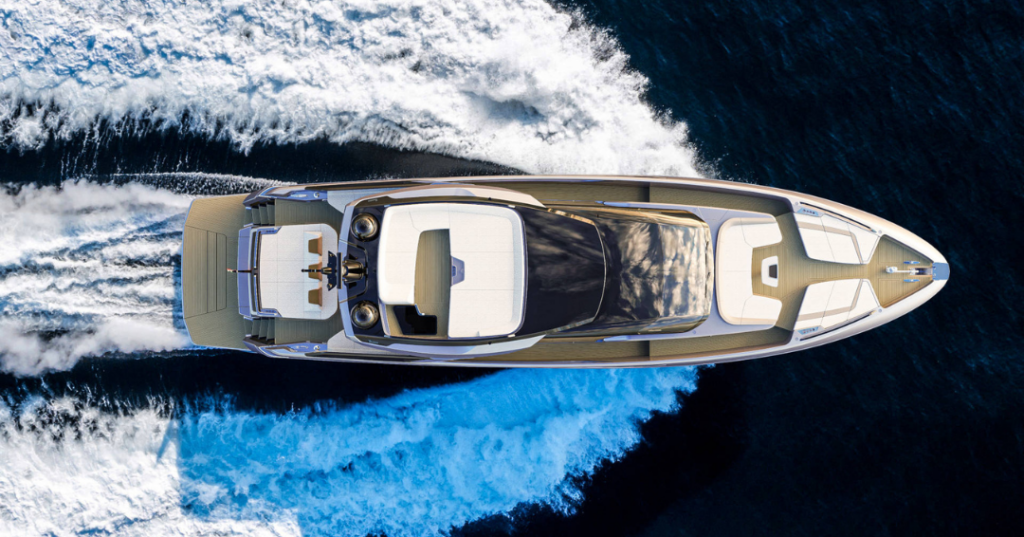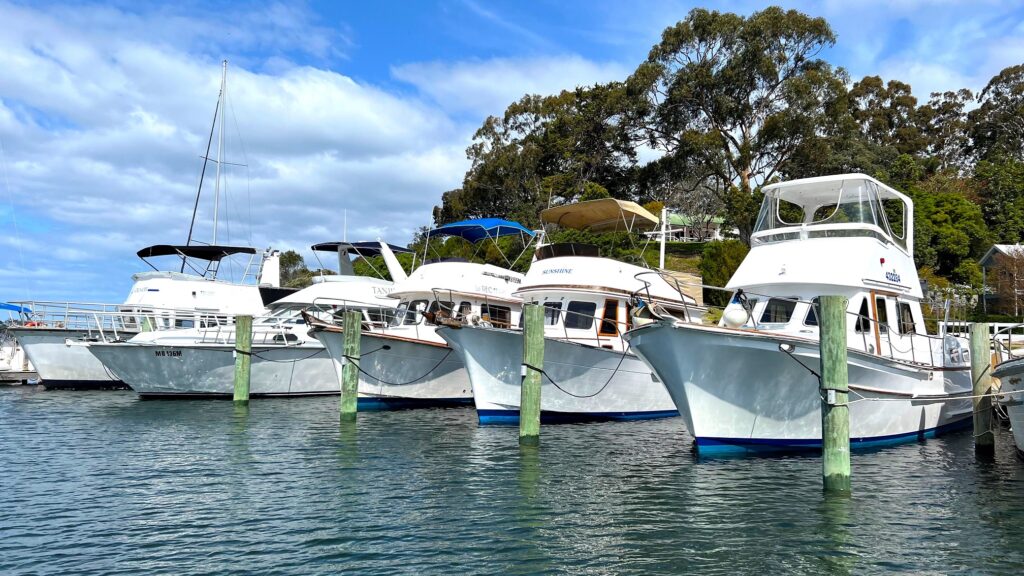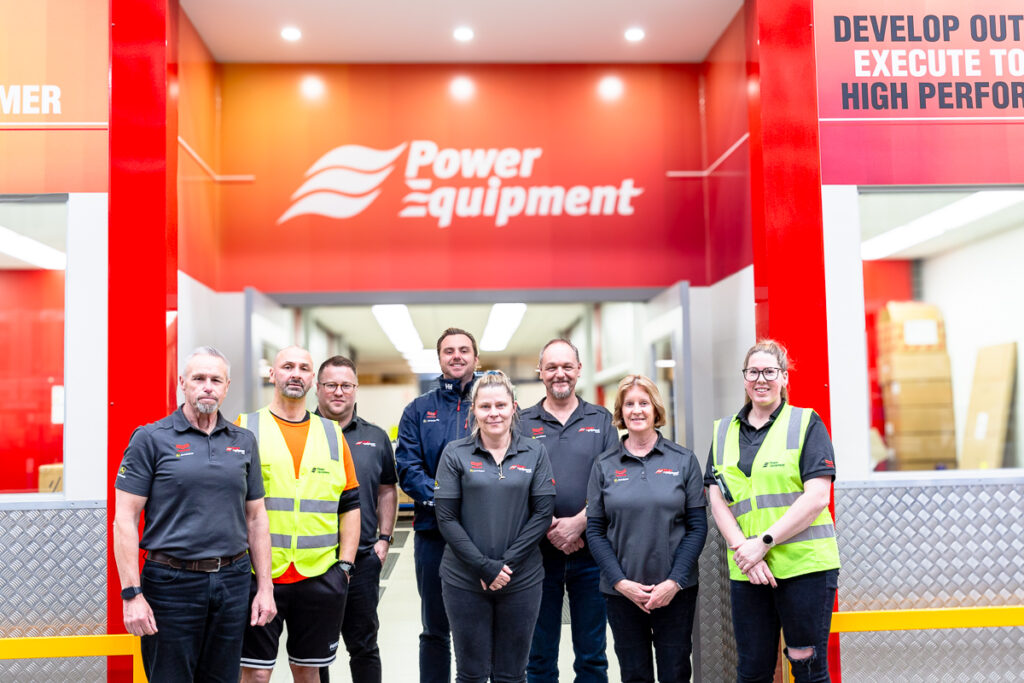The Yanmar 6AY series marine diesel engines continue to be the “go to” 20-litre class engine for hundreds of working vessels in Australia, New Zealand and the South Pacific. Little wonder too, because these long-stroke, six cylinder workers consistently deliver tens of thousands of fault-free hours on the water for all manner of commercial marine operators. Walker Seafoods Australia have repowered three of the vessels in their hard-working fleet with Yanmars. The 6AY-WST engine is a
proven performer on vessels in their fleet that measure hours in the thousands per year, every year.
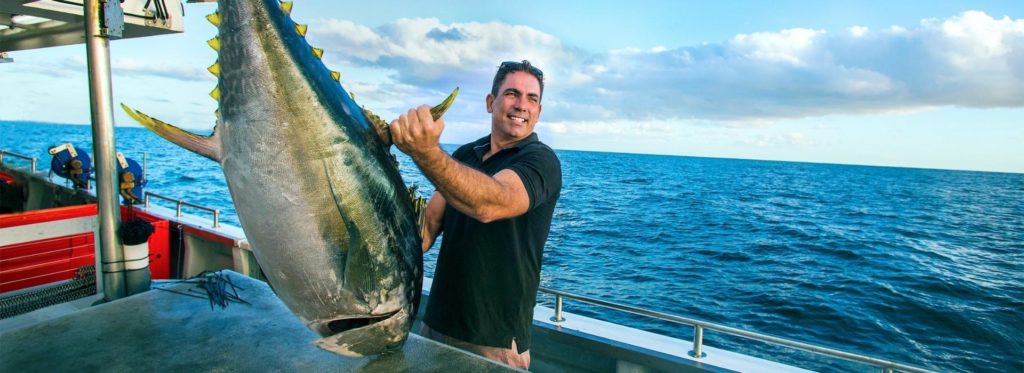
Walker Seafoods Australia run fishing vessels with operating ranges measured in the thousands of nautical miles – these boats put in the hours! Yanmar’s brilliant fuel economy and faultless running has seen Pavo and Heidi Walker and their experienced team repower three of the vessels in their fleet with Yanmar – the latest being the 72ft FV Predator.
When it comes to the high-stakes business of fishing, the right engine is a must.
FV Predator sits at her Mooloolaba base on Queensland’s Sunshine Coast emptied of her recent catch and being prepared for another trip to the Eastern Tuna and Billfish Fishery (ETBF) off eastern Australia in coming days.
It has been another successful trip for Predator in previous days and her skipper and crew of five take a few days of rest before heading to sea again.
Predator is a 72foot Westcoaster built originally for the Great Barrier Reef tuna fishery in 2001. She joined the Walker Seafood Australia fleet in 2015 and was repowered with a Yanmar 6AY-WST main engine some months ago.
Already showing the best part of 3,000 fault-free hours on the engine, Yanmar needs no introduction to the skippers and crews of the Walker’s fleet – the Yanmars are known for their reliable and frugal service among these long-line fishing experts.
Predator runs some 32 tonnes of refrigerated salt water in two tanks to keep her catch fresh and a four tonne bait freezer. The Yanmar runs around 18-20 hours daily during fishing operations, (including often a full 36 hours straight steaming getting to preferred fishing grounds), only shutting down for a few hours during rest periods between setting and retrieving lines. The 6AY-WST 659hp (@1,900rpm) has its work cut out for it in this operation.
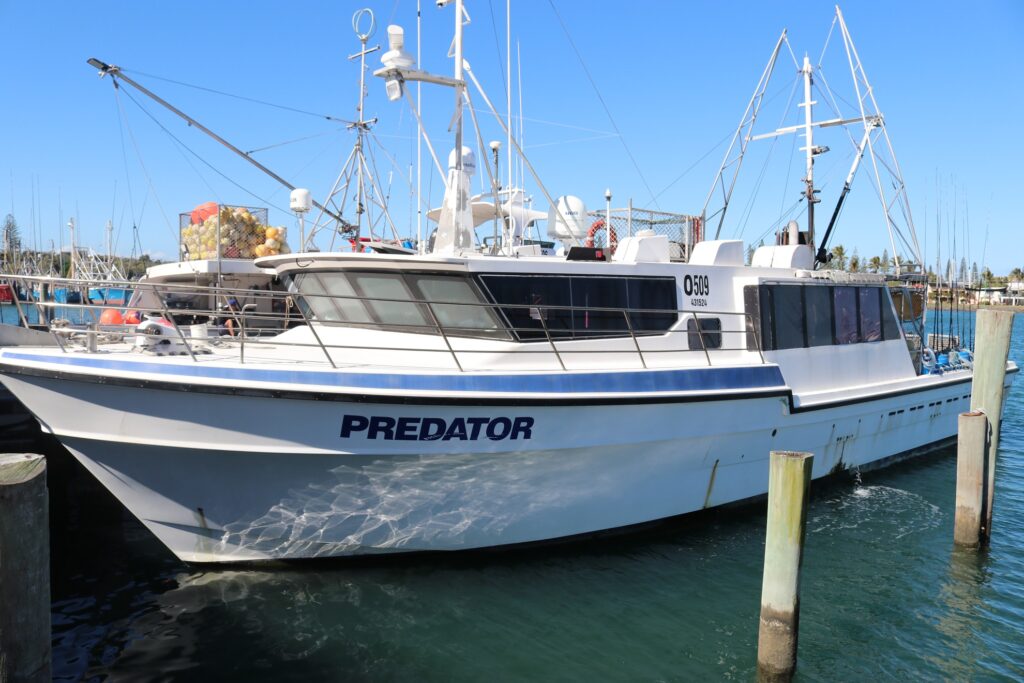
Fuel economy is the first and most obvious advantage for a fishing operation running such big hours on its engines. Yanmar estimates the savings to an operator running a consistent 3,000 hours of usage on the 6AY-WST, (based on typical 100 litres per hour running consumption), could easily be saving around 15,000 litres in fuel.
That’s real savings at the wharf when fuel tanks need to be refilled and the vessel turned around to continue fishing for up to another 10-plus days.
“Usually, we are at sea for up to three weeks with one return to harbour in that time,” explains skipper ‘Leo’ during FV Predator’s recent turnaround.
The Walker Seafoods Australia fleet likes to take advantage of the fuller phases of the moon in their tuna and billfish-focused fishing missions. That gives only small windows for refueling, rebaiting and regular maintenance.
The 6AY-WST holds up its side of the deal back in port, with easy maintenance features like large inspection windows in the side of the block allowing easy replacement of pistons if necessary and full mechanical engine management avoiding any delicate electronics bringing work to a halt at sea.
While these Yanmars offer a 500hour service interval, the Walker’s fleet usually do an oil change on their Yanmars at each return to port. As any good skipper, operations manager or marine engineer knows, clean oil is good insurance in any engine!
Maintenance is made even easier with the 6AY series, with mono-grade or multigrade engine oil allowed in these engines.
As FV Predator’s used sump oil is taken away for recycling and other preparations are made during a few days back in port, its Yanmar is ready for another waxing moon and long haul hundreds of miles offshore. With Walker’s MSC certification, they deliver not only a sustainable fishery product, but one that is supply chain traceable. Power Equipment are doing their part to power a sustainable and hard-working operation such as Walker Seafoods Australia and look forward to more Yanmar-driven success for this proud Australian fishing operation.
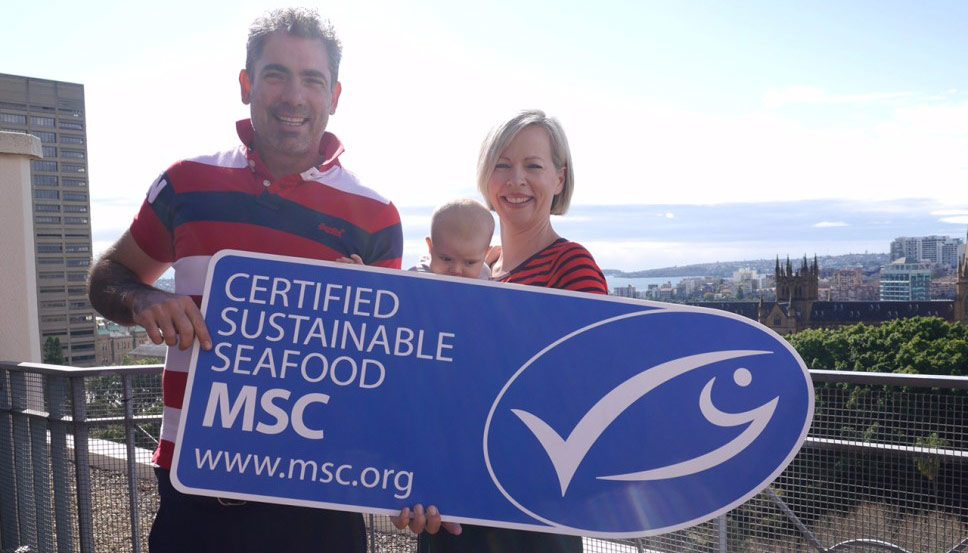
** The Marine Stewardship Council (MSC) is an accreditted group that works with scientists, fisheries, seafood producers and brands to promote sustainable fishing and safeguard seafood supplies for the future.The Marine Stewardship Council was developed by World Wildlife Fund (WWF) and Unilver in 1996. The MSC set credible standards for sustainable fishing and supply chain traceability. Organisations and operators such as Walker Seafoods Australia meet these standards in order to demonstrate sustainability of their products.
See what the team at Walker Seafoods Australia is all about and what they do.


